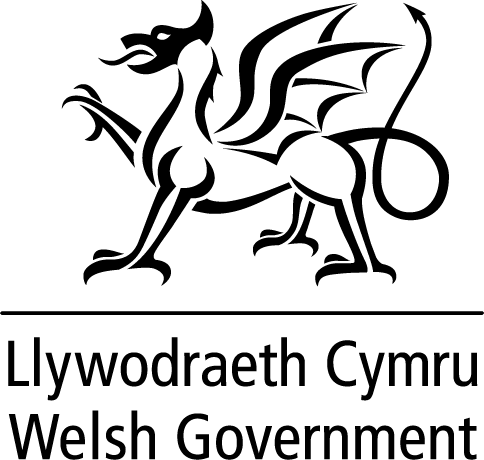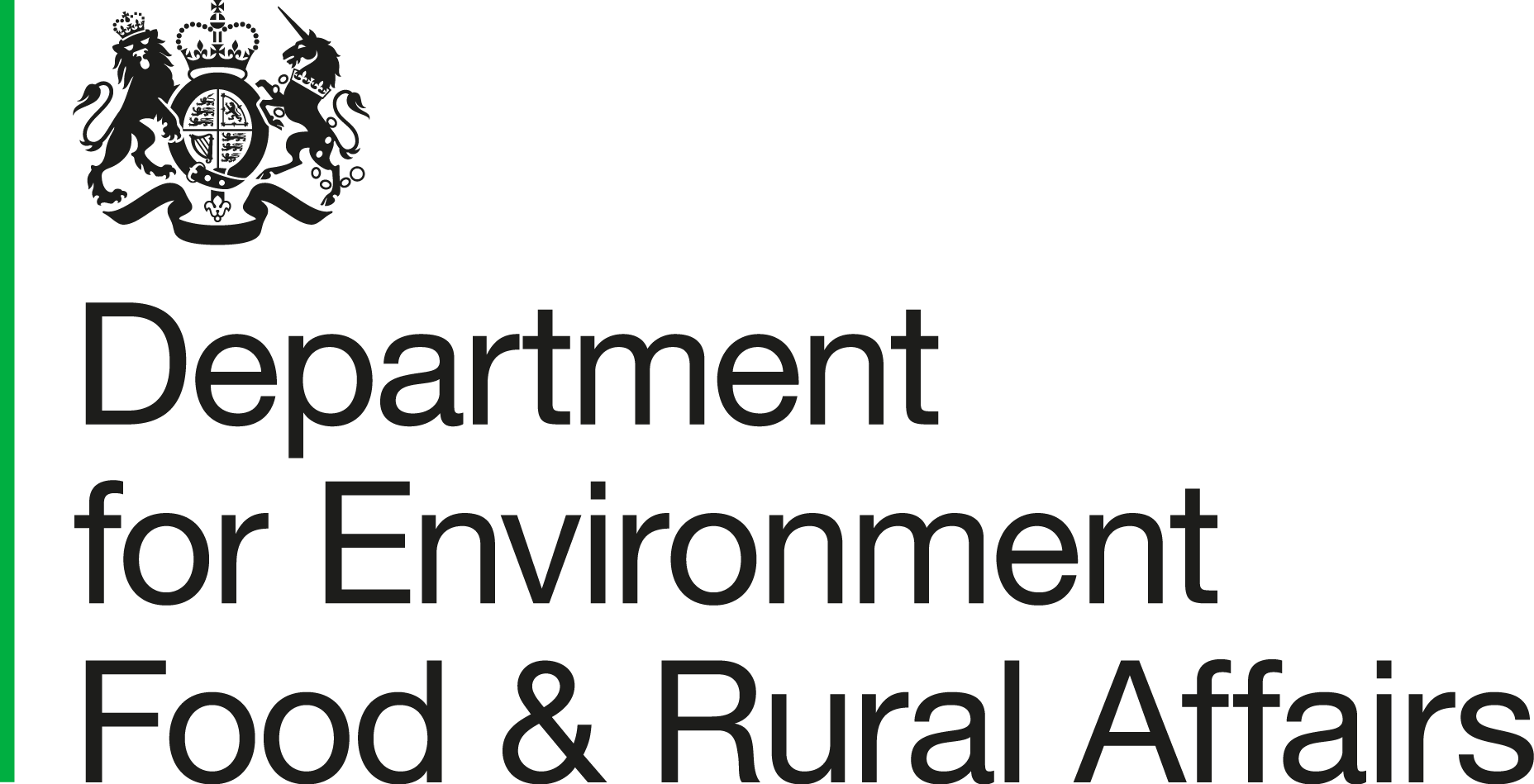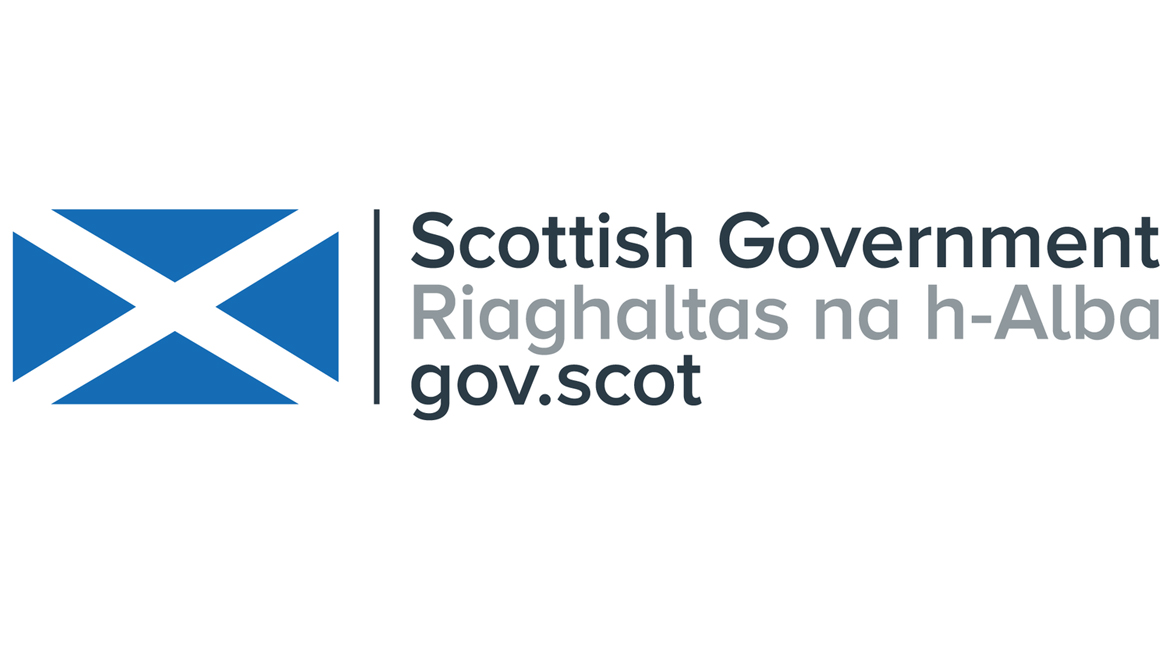Deer Handling and Transportation

Format of work:
Journal Article
Event presented at / Journal Name:
Animal Welfare
Speaker / Contact Author's Name:
Poppy Statham
Speaker / Contact Author's E-mail Address:
poppy.statham@bristol.ac.uk
-
Research aim:
This study aimed to provide an updated picture of deer transport and handling in the UK by gathering insights from deer farmers and data from abattoirs.
-
Background:
The deer farming industry in the UK is relatively small compared to other livestock sectors and has seen a lot of growth over the past couple of decades. Transportation and handling is stressful for most farms animals, but perhaps additionally so for deer who have been domesticated more recently and are often described as flighty, nervous animals. There is little research on deer transport and handling and the majority of it is over 15 years old.
-
Approach:
To do this we carried out a survey of deer farmers to find out about the journeys their deer undertook, management techniques and set ups on farm to facilitate transport, this was completed by 16 farmers. We also collected data from abattoirs regarding group sizes, journey length and duration and the amount of bruising on carcasses that was scored by the abattoir.
-
Key finding:
Data collected from abattoirs showed that red deer in the UK were transported for up to 10 hours and 450km for slaughter. In our survey of deer farmers they expressed concerns about the lack of stop-off locations and deer-specific vehicles, meaning that vehicles are likely to be designed for cattle and it may not be possible for deer to be given breaks. Our data also showed that smaller group sizes were associated with more bruising, though it wasn't possible to ascertain the causes of this as we used data collected after the event. Most farms remove hard antlers prior to transport, but others transported their deer with antlers, each presents different challenges for deer welfare. It would be beneficial to carry out controlled studies to investigate deer management and transport further and make recommendations to support farmers choices and improve welfare of farmed deer.
-
Industry or policy relevance:
Deer may undertake very long journeys to slaughter and farmers are concerned that this is not in deer-specific vehicles and that there are insufficient stop-off areas. Some deer are transported in hard antler, others have antlers removed before the journey. There currently is no research to understand the impact these aspects have on welfare, this would be essential to make recommendations.
-
Route for practical application:
Further research is needed before recommendations can be made. It might then be possible to make recommendations regarding journey durations, breaks, antler removal and group sizes for transport.
-
Confidence in findings and next steps towards realising impact:
Our transport data included all the journeys to two abattoirs in one year, this represented 4,922 deer across 133 journeys from 61 farms, so the data represents a good percentage of those transported to slaughter in the UK. The data was gathered after the event however, meaning we were reliant on records kept by abattoir staff and it is possible that measures such as bruising could have differed between the two abattoirs which could have affected the results. Our survey covered 16 farmers who between them owned about 19% of the UK farmed deer population, however some of them were recruited using a client list of one abattoir so the sample may not be representative of farms across the UK.
Funders:
With thanks to the Humane Slaughter Association for the Student Scholarship which allowed us to carry out this work.
Links to Open Access Publications or DOI:
Citation:
Pearce SJ, Foster AP, Knowles TG and Statham P (2023). A survey of handling and transportation of UK farmed deer. Animal Welfare, 32, e30, 1–8
Blog
Categories
Archive
- October 2025
- August 2025
- June 2025
- April 2025
- March 2025
- November 2024
- October 2024
- August 2024
- July 2024
- February 2024
- January 2024
- December 2023
- November 2023
- October 2023
- September 2023
- July 2023
- June 2023
- May 2023
- April 2023
- March 2023
- February 2023
- January 2023
- December 2022
- November 2022
- October 2022
- September 2022
- August 2022
- July 2022
- June 2022
- April 2022
- March 2022
- February 2022
- January 2022
- December 2021
- November 2021
- October 2021
- September 2021
- August 2021
- July 2021
- June 2021
- May 2021
- April 2021
- March 2021
- February 2021
- January 2021
- December 2020
- November 2020
- October 2020
- August 2020
- July 2020
- June 2020
- May 2020
- April 2020
- March 2020
- February 2020
- January 2020
- December 2019
- November 2019
- October 2019
- September 2019
- August 2019
- July 2019
- June 2019
- May 2019
- April 2019
- January 2019
- December 2018
- November 2018
- August 2018
- June 2018
- May 2018
- April 2018
- March 2018
- February 2018
- January 2018
- November 2017
- October 2017
- August 2017
- July 2017
- June 2017
- May 2017
- April 2017
- March 2017
- January 2017
- December 2016
- November 2016
- October 2016
- September 2016
- August 2016
- July 2016
- June 2016
- May 2016
- April 2016




